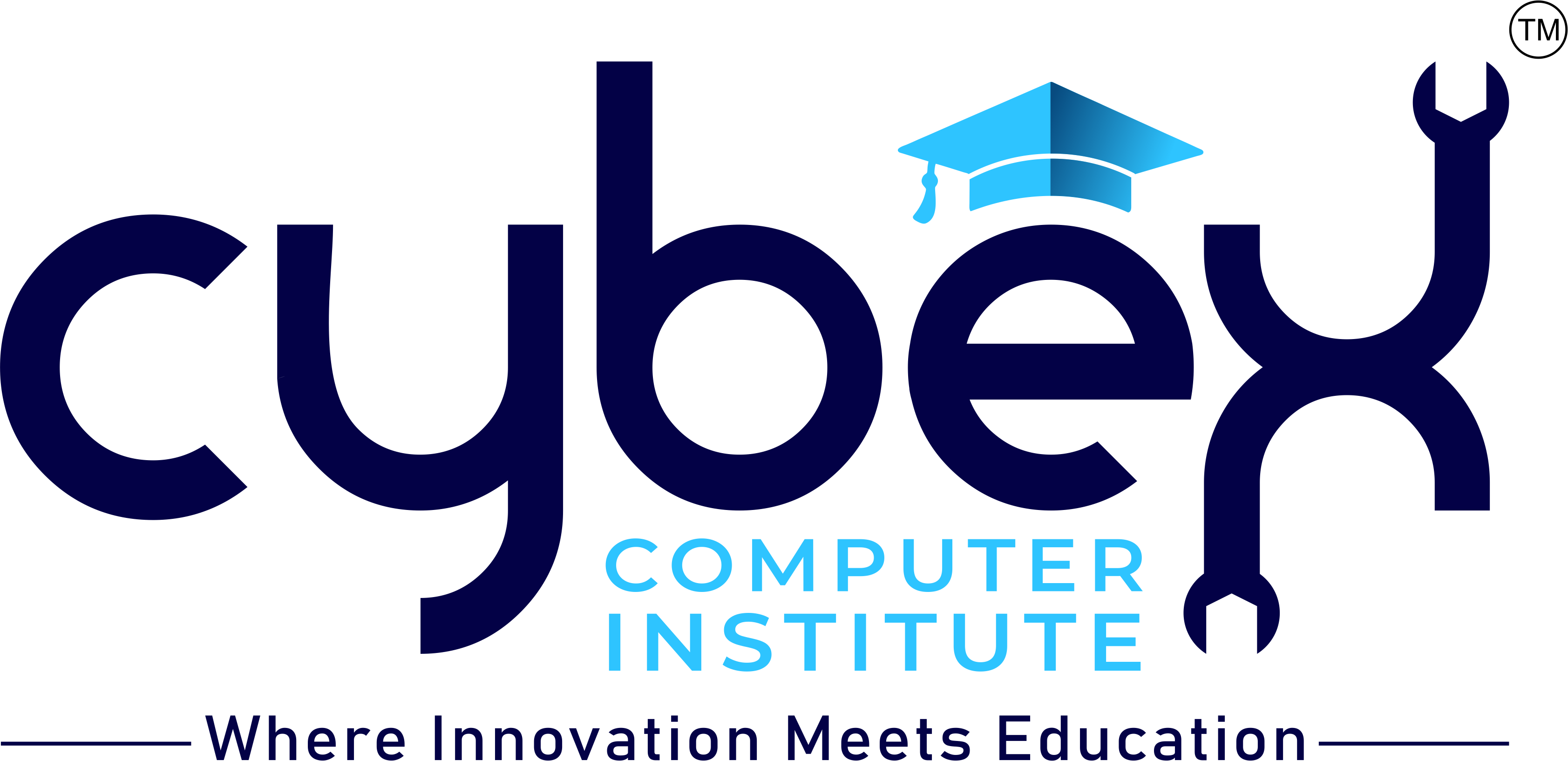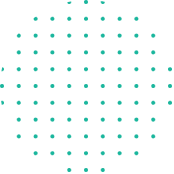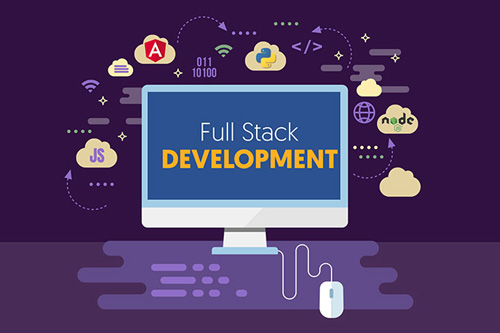Course Description:
This comprehensive program is designed to equip individuals with the essential knowledge and skills required to develop complete web applications. By covering both front-end and back-end development, this course provides a holistic approach to web development, enabling participants to become proficient full stack developers. Full stack developers are adept at creating entire web applications, encompassing everything from the user interface to server-side components. This course is ideal for those aspiring to become full stack developers or for professionals involved in crafting end-to-end web solutions. Mastery of full stack development is a highly sought-after skill in the software development industry, and this course provides the training needed to excel in this dynamic field.
Course Outline:
- Introduction to Web Development:
- Overview of web development: understanding the role of full stack developers and the web development lifecycle.
- Introduction to key web technologies and development tools.
- Front-End Development:
- HTML (HyperText Markup Language):
- Fundamentals of HTML: elements, tags, and attributes.
- Structuring web pages with HTML: creating forms, tables, and semantic HTML.
- CSS (Cascading Style Sheets):
- Basics of CSS: selectors, properties, and values.
- Styling web pages: layout techniques, responsive design, and CSS frameworks (e.g., Bootstrap).
- JavaScript:
- Introduction to JavaScript: syntax, variables, and operators.
- Implementing dynamic behavior: event handling, DOM manipulation, and AJAX.
- Working with JavaScript frameworks and libraries (e.g., jQuery).
- HTML (HyperText Markup Language):
- Back-End Development:
- Server-Side Programming:
- Introduction to server-side programming languages: PHP, Node.js, Python, or Ruby.
- Handling server requests and responses: routing, middleware, and RESTful APIs.
- Databases:
- Basics of database management systems: relational databases (e.g., MySQL, PostgreSQL) and NoSQL databases (e.g., MongoDB).
- Performing CRUD operations: creating, reading, updating, and deleting data.
- Designing and managing database schemas, and writing SQL queries.
- Web Frameworks:
- Introduction to web frameworks: their role in streamlining development.
- Exploring popular frameworks: Express.js (for Node.js), Django (for Python), or Ruby on Rails.
- Implementing MVC (Model-View-Controller) architecture and best practices.
- Server-Side Programming:
- Full Stack Integration:
- Connecting Front-End and Back-End:
- Techniques for integrating front-end and back-end components.
- Using APIs to facilitate communication between client and server.
- Authentication and Authorization:
- Implementing user authentication: session management, cookies, and tokens.
- Managing user roles and permissions for secure access.
- Connecting Front-End and Back-End:
- Deployment and Hosting:
- Web Application Deployment:
- Overview of deployment processes: preparing applications for production.
- Using cloud services and platforms (e.g., Heroku, AWS, or DigitalOcean) for hosting.
- Version Control:
- Introduction to version control systems: using Git and GitHub for source code management.
- Web Application Deployment:
- Best Practices and Development Tools:
- Code Quality and Testing:
- Writing clean, maintainable code: best practices for code organization and documentation.
- Introduction to testing frameworks and methodologies: unit testing, integration testing, and end-to-end testing.
- Development Tools:
- Using integrated development environments (IDEs) and code editors (e.g., Visual Studio Code, Sublime Text).
- Employing task runners and build tools (e.g., npm, Webpack).
- Code Quality and Testing:
- Capstone Project:
- Project Development:
- Working on a comprehensive project that integrates front-end and back-end skills.
- Developing a complete web application from start to finish, demonstrating full stack development capabilities.
- Project Development:
Learning Outcomes:
Upon completion of this course, participants will be proficient in developing full stack web applications, from crafting user interfaces to managing server-side logic and databases. They will gain hands-on experience with essential web technologies and frameworks, preparing them for roles as full stack developers or enhancing their capabilities in creating complete web solutions.
Target Audience:
This course is ideal for individuals interested in becoming full stack developers or professionals involved in web application development. It is suitable for those seeking to acquire comprehensive skills in both front-end and back-end development, aiming to excel in building robust and scalable web applications.
Whether you are starting your journey in web development or looking to expand your skill set, this course provides the essential training needed to succeed in the field of full stack development.




